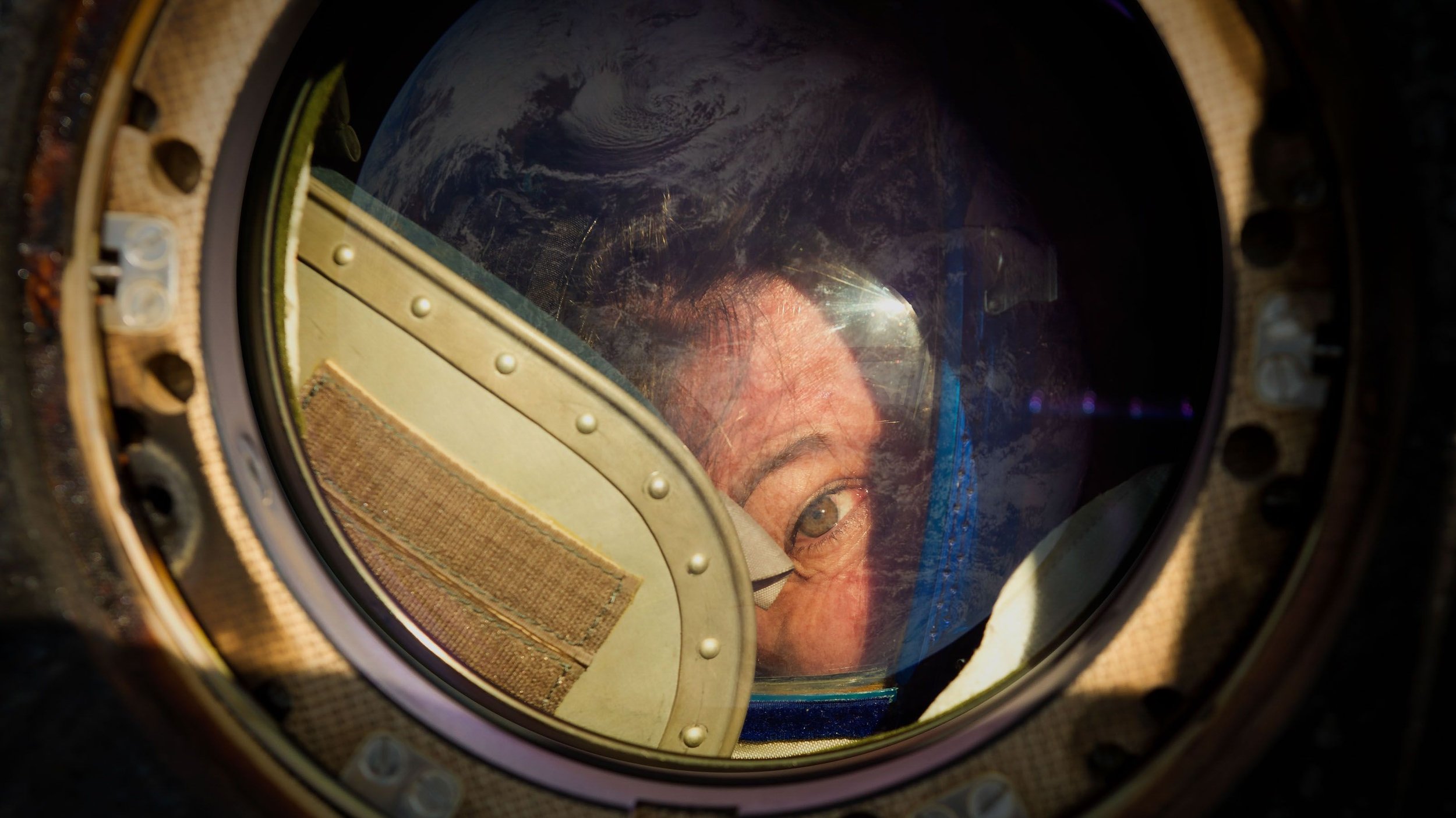Sundance 2023: The Longest Goodbye
Sundance Film FestivalWhile there are still many mysteries to be answered on Earth, there is an undeniably seductive temptation in the exploration of space. A new realm filled with imagination and mystery rarely experienced anymore on such a large scale, space travel feels like an almost guaranteed next step for human movement and focus. The issue is that long-form space travel offers many challenges and obstacles with no current answer or solution. Screening as part of the 2023 Sundance Film Festival, Ido Mizrahy's The Longest Goodbye takes a look at some of these issues with a specific focus on the human psychology side of things as the isolation and length of a trip to Mars poses some serious concerns and questions.
While the scientific side of space travel has been seen both in cinematic works of fiction and non-fiction, it is nice to have a text like The Longest Goodbye that is dedicated to the figures actually making the journeys and begin to truly understand the toll this job has on them and their families. While the idea of blasting off in a rocket and exploring new worlds is the stuff of dreams, there is a practical side to it all. Beyond even just the risks associated with the task, there is an acceptance that there is life on Earth that one will be leaving behind for multi-year chunks. For some, this means saying goodbye to their partner and having faith that their relationship is rewarding and stable enough to last. For some, this means choosing which years they will miss in their child's development. When one makes the decision and leaves for outer space, there is no going back. There is no deciding to quit just because one's child is having a bad day or their partner is going through a rough patch, it is almost a prison sentence that one has to willingly accept and understand. The weight of this choice is something one can only understand fully through making it themselves, but The Longest Goodbye does a good job at beginning to allow audiences to have this perspective.
While The Longest Goodbye might have its attention towards a hypothetical future trip to Mars, it also uses a strong amount of established data and examples to make its points. Specifically, the film uses the astronaut Cady Coleman who left her husband and son behind to spend 159 days on the International Space Station. Using both new sit-down interviews with her family alongside footage from the calls between them, the film finds a heartbreaking reality as Coleman's son especially suffers from his mom's absence. The film is careful never to paint Coleman as a villain for this choice, but the audience can't help but feel the tragedy and suffering from this event and question if there isn't a better way.
This is where the conversation within The Longest Goodbye begins to turn. While the film looks to be an overall celebration of human endeavor and those willing to sacrifice everything for human advancement, there is a darker turn within the film that threatens to undercut its more inspiring angle. The film does a rather poor job of showcasing why space exploration is important or justifying why the program would be forced to send astronauts who have growing families at home. Simple changes such as requiring the selected astronauts to have no kids could save plenty of pain and family trauma which the film confusingly treats like an unavoidable side effect without ever justifying why it would have this view.
There is also a rather twisted view of human psychology that is celebrated in the film. The space program obviously requires a certain mental toughness from its participants for the survival of both the tech and flesh involved in these missions. The Longest Goodbye peels back the curtain to what the mindset of the training and program is when it comes to forming these mental foundations and the results almost feel like an episode of Black Mirror at times. Rather than expressing empathy or humanistic care, the minds of these humans are conversed about as if they are computer programs with one of the main goals being to find a way to manipulate the brain to provide enough comfort and security that both the astronauts and their families would be ok with such a long term separation. While this might be ultimately for the good of those involved and shouldn't be a shock, it is still rather dark and jarring to hear these mindsets expressed so openly, and goes against the narrative the film is trying to offer.
The Longest Goodbye is a complex documentary that provides no easy answers or solutions. It asks questions with no real answers leaving the audience to sit with the tragedy and aftermath of these emotions and choices. While the film undeniably builds more empathy and understanding within the audience for the sacrifices that astronauts make, it also fails to fully find the right note to have this conversation at. The audience is often left confused in their emotions with the film failing to have the craft or understanding to frame its message in a more effective light.


